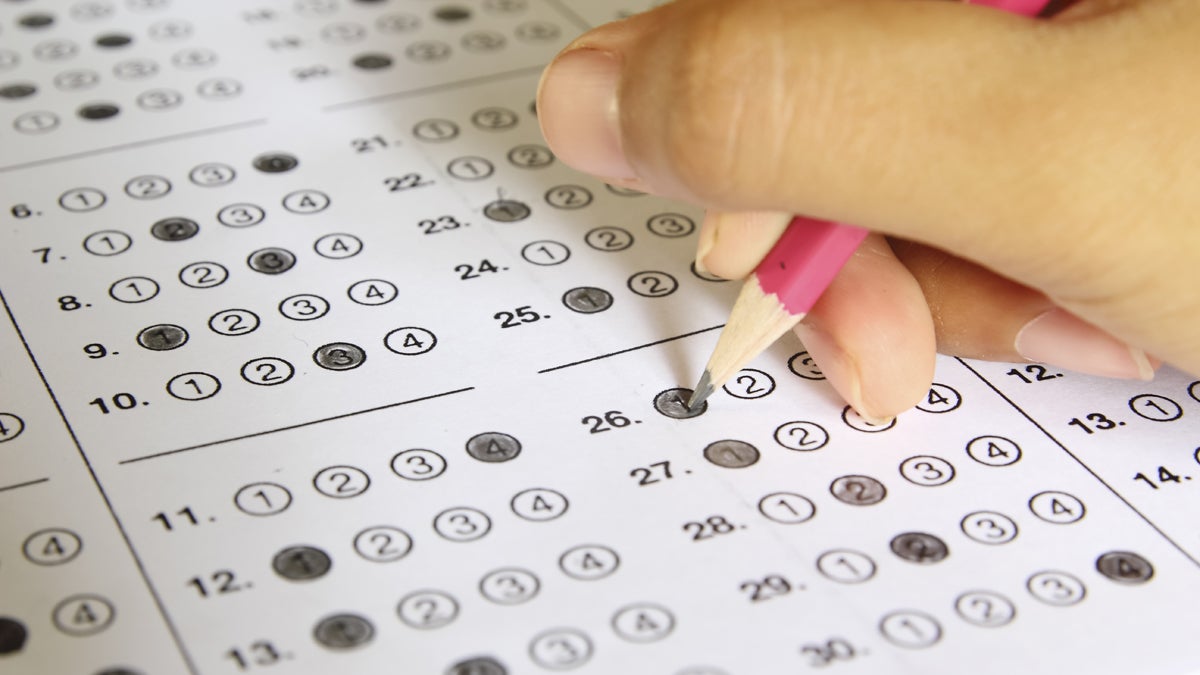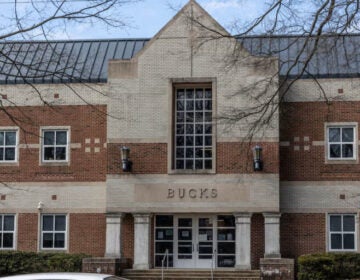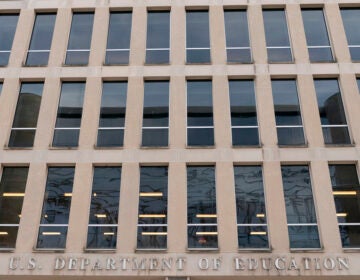Push for Pa. graduation standard delayed once again
Supporters of the Keystone Exams are grappling with the prospect that mandated statewide graduation standards are not to be.

(Photo via ShutterStock)
When finalizing the state budget last month, Pennsylvania lawmakers inked yet another delay for a plan that would require students to pass standardized tests before graduating high school.
That leaves supporters of the Keystone Exams grappling with the prospect that mandated statewide graduation standards are not to be.
“It would seem to me that a parent in Norristown and a parent in Johnstown, their kids should know the same things to graduate,” said Donna Cooper, head of Public Citizens for Children and Youth, who as a member of Gov. Ed Rendell’s cabinet was an early champion of the tests. “But we’re reverting to a system where we have 499 school districts with their own requirements for graduation.”
The latest delay is good news for supporters of local control, including State Rep. Aaron Bernstine (R-Beaver), who hopes the exams never become requirements.
“It’s not productive for our education system, it’s not productive for our students, and it’s not productive for our educators,” he said.
The Keystone Exams first became law in 2010, setting the class of 2017 as the first required to pass tests to graduate. The idea, Cooper said, was to create straightforward, subject-specific pass-fail exams which students could take as soon as they completed a given course.
They hoped the requirement would ensure to students, colleges, taxpayers and employers that every Pennsylvania diploma reflected a certain standard – keeping all school districts accountable for student success.
The Rendell administration had pushed to create 10 different tests. Ultimately, they were only created for biology, algebra, and English.
“We thought, we have to be clearer with parents and students about what it takes, and not leave it up to the whim of each school board to determine what it takes for kids to compete,” Cooper said.
But faced with concerns about local control, increased spending, and facing the prospect of sharp declines in local graduation rates, lawmakers from both parties have now twice delayed the final step of enforcing the graduation requirement.
Last year, lawmakers said the requirement wouldn’t go into effect until the class of 2019. Last month’s decision puts the onus on the class of 2020.
“I spend a whole lot of time in classrooms, and a whole lot of time with students and meeting with those teachers, and every single one of those students and every single one of those educators knows that learning goes beyond a standardized test,” said Bernstine.
Bernstine and other opponents of the mandate say local districts should control graduation requirements. But Keystone supporters have long argued that local standards aren’t always good enough. The Pennsylvania System of School Assessment (PSSA) statistics Cooper saw when the Keystones were being developed in the early 2000s were grim.
“58,000 students were graduated and given diplomas who could not pass the state’s 11th grade PSSA,” said Cooper. “That’s a real indication of the failure of local control to understand the market signals of what is needed for a kid to succeed in today’s economy.”
Bernstine said he hopes the Keystones aren’t the only tests to fade into the sunset; he’d support ending mandated standardized tests in elementary school as well.
“Although Harrisburg disagrees on a lot of different issues, the facts are that most people, Republican and Democrat, liberal and conservative, know that we need to move away from the high-testing environment in our schools,” he said.
Federal guidelines, though, require states to administer tests for students in math and reading in grades 3-8, and once in high school. In the debate over the newest version of the federal education law, this mandated testing was kept in place due to the advocacy of top Democrats.
Cooper hopes state officials keep pushing for voluntary use of the Keystones. But even she doesn’t think they should be mandatory unless the state provides extra school resources to help students pass.
“We need to encourage people to use the Keystone exams, mandatory or not — have them become a practice that people are comfortable with, that teachers are calibrating their curricula to, so we increase the use among people who get it,” she said.
And while the prospect of mandated graduation exams may look dim, she says that the push to expand the use of the new statewide funding formula might give the idea new life. Lawmakers may not like raising spending or giving up local control, she said, but they do like knowing that taxpayers are getting their money’s worth.
“I think there’s a real common cause to be made with the legislature,” Cooper said. “If we’re going to put more money into schools, how do we make sure we see performance on the other end?”
According to Education Weekly, 12 states require students to pass standardized tests in order to graduate.
WHYY is your source for fact-based, in-depth journalism and information. As a nonprofit organization, we rely on financial support from readers like you. Please give today.





